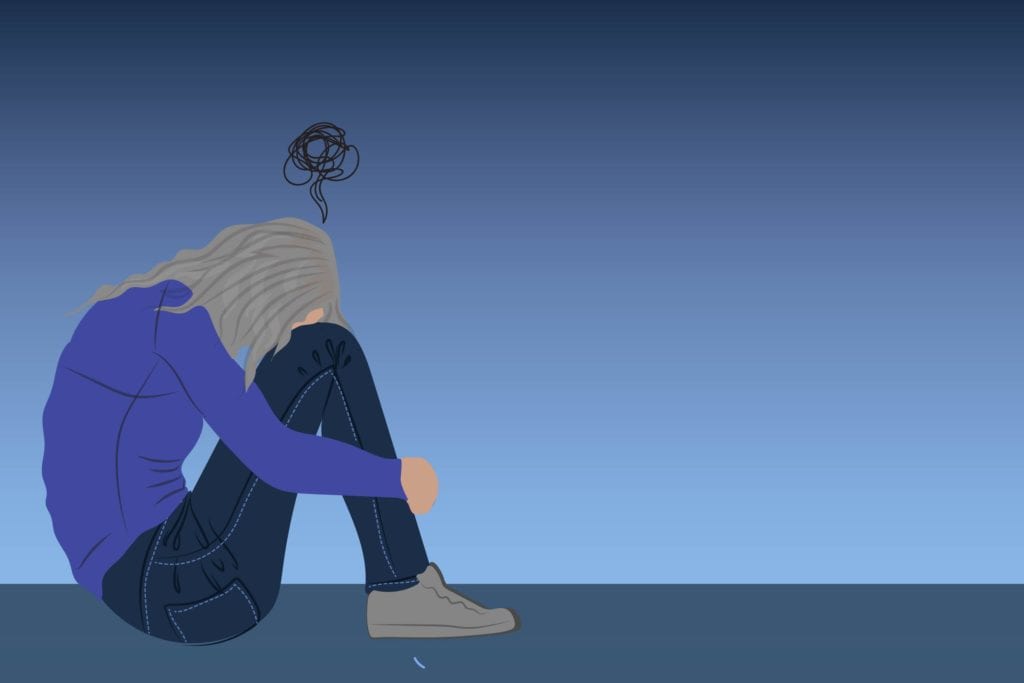

Experts have long known that people who have serious or chronic physical conditions are more likely to have mental health problems, and vice versa. But it turns out that there’s an especially close link between arthritis and depression.
In fact, more than half of people over age 50 with depression also have some form of arthritis, according to a new study published in the International Journal of Geriatric Psychiatry.
Researchers used data from the National Health and Nutrition Examination Survey (NHANES), an ongoing program that has been compiling health info on about 5,000 Americans each year since the early 1960s. For this particular analysis, the investigators homed in on a group of 4,792 participants who had reported having both arthritis and depression between 2011 to 2014.
What they found: 55 percent of people with minor depression also had arthritis, as did 62.9 percent of respondents with moderate depression and 67.8 percent of those with severe depression.
There are many possible reasons why depression and arthritis might overlap, including the fact that both conditions are more common among those who binge drink and are sedentary.
But when researchers adjusted for a slew of possible confounding factors (including age, gender, race, education, smoking status, binge drinking, sedentary behavior, obesity, diabetes, hypertension, and heart disease), they found that there was *still* a strong correlation between depression and arthritis.
The researchers point out that this study does not mean depression causes arthritis, nor does it mean that arthritis causes depression.
That said, it’s well known among doctors that people in pain are more apt to become depressed and that depressed people often report being in physical pain.
Right now most physicians know to screen patients with arthritis-related pain for depression, but they’re not routinely screening people with depression for arthritis.
It might be time for that to change, say the authors: “Because there are numerous adverse health consequences of depressive symptoms alone and without the added burden of arthritis… it may be critical for mental health care providers to provide regular arthritis‐related pain assessments.”
The good news is that if you treat either arthritis or depression, the other will likely get better, too. Many psychiatric medications also have pain-relieving properties, and if you make someone more physically comfortable (perhaps by taking the right arthritis medication) they’ll be less likely to struggle emotionally.
Keep Reading
- Is Depression Underdiagnosed in Osteoarthritis?
- 22 Self-Care Tips for Arthritis You Should Have Tried By Now
- 9 Tips on How to Be Less Hard on Yourself





